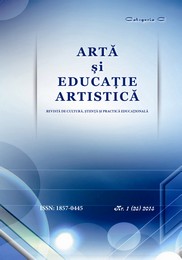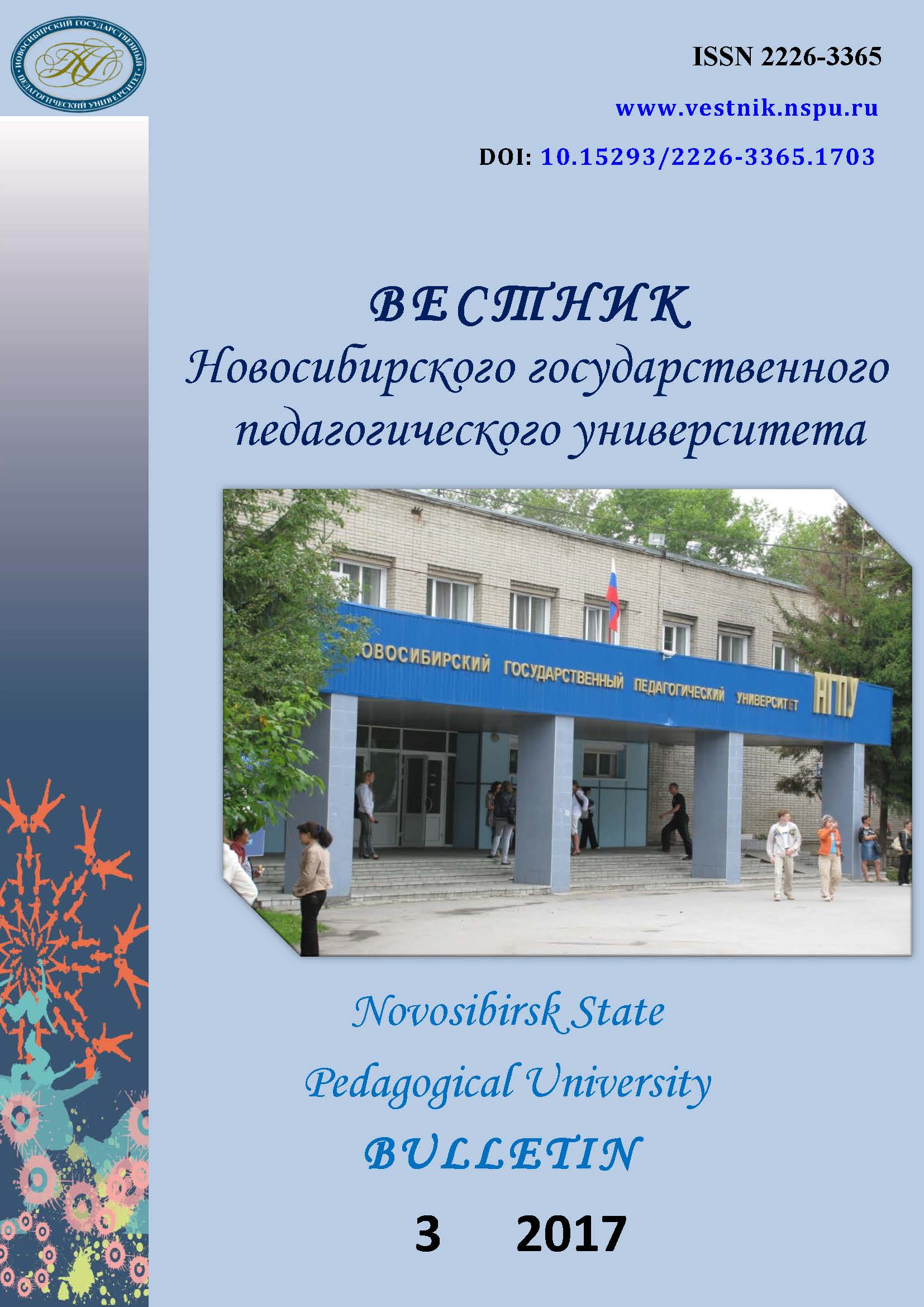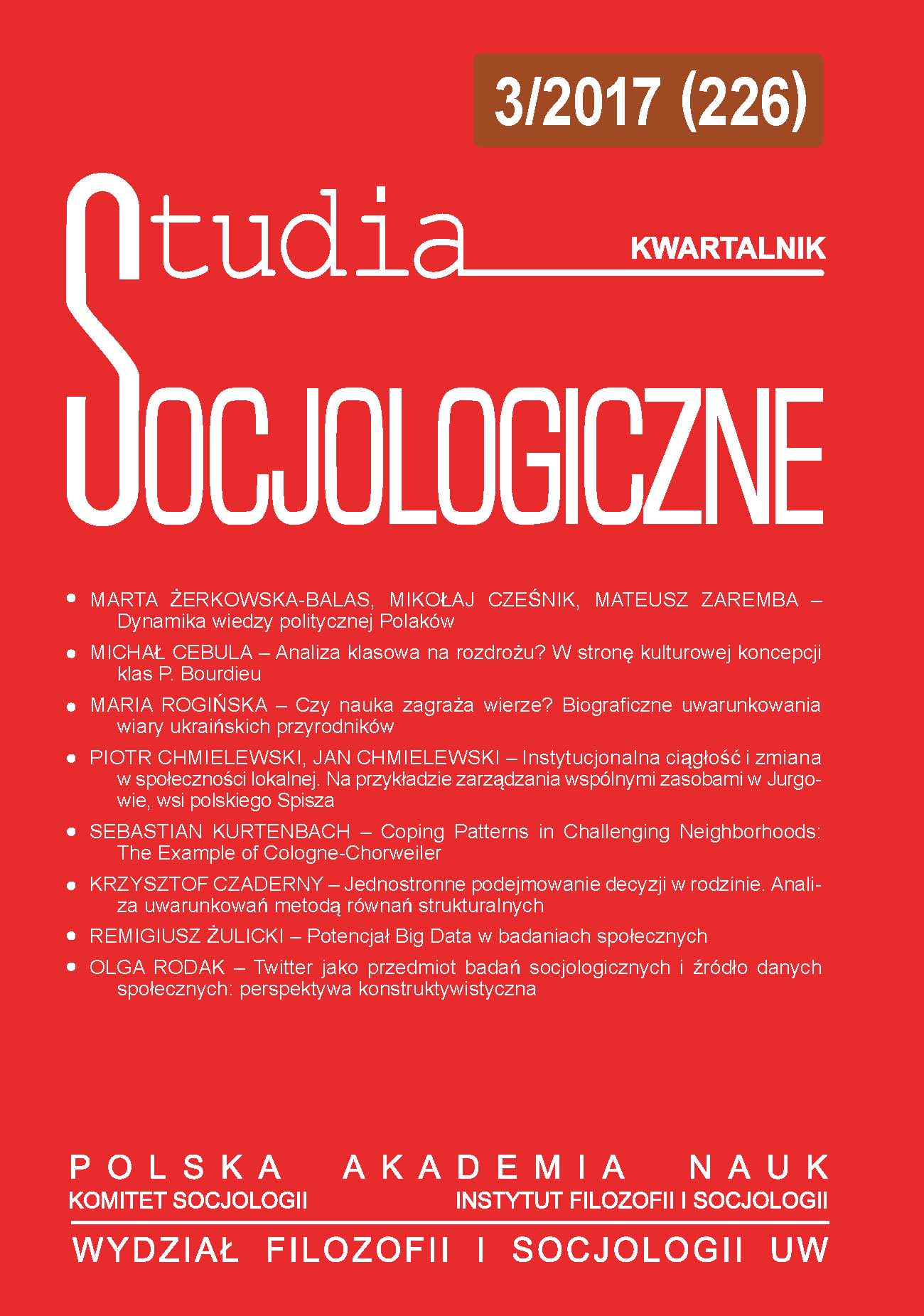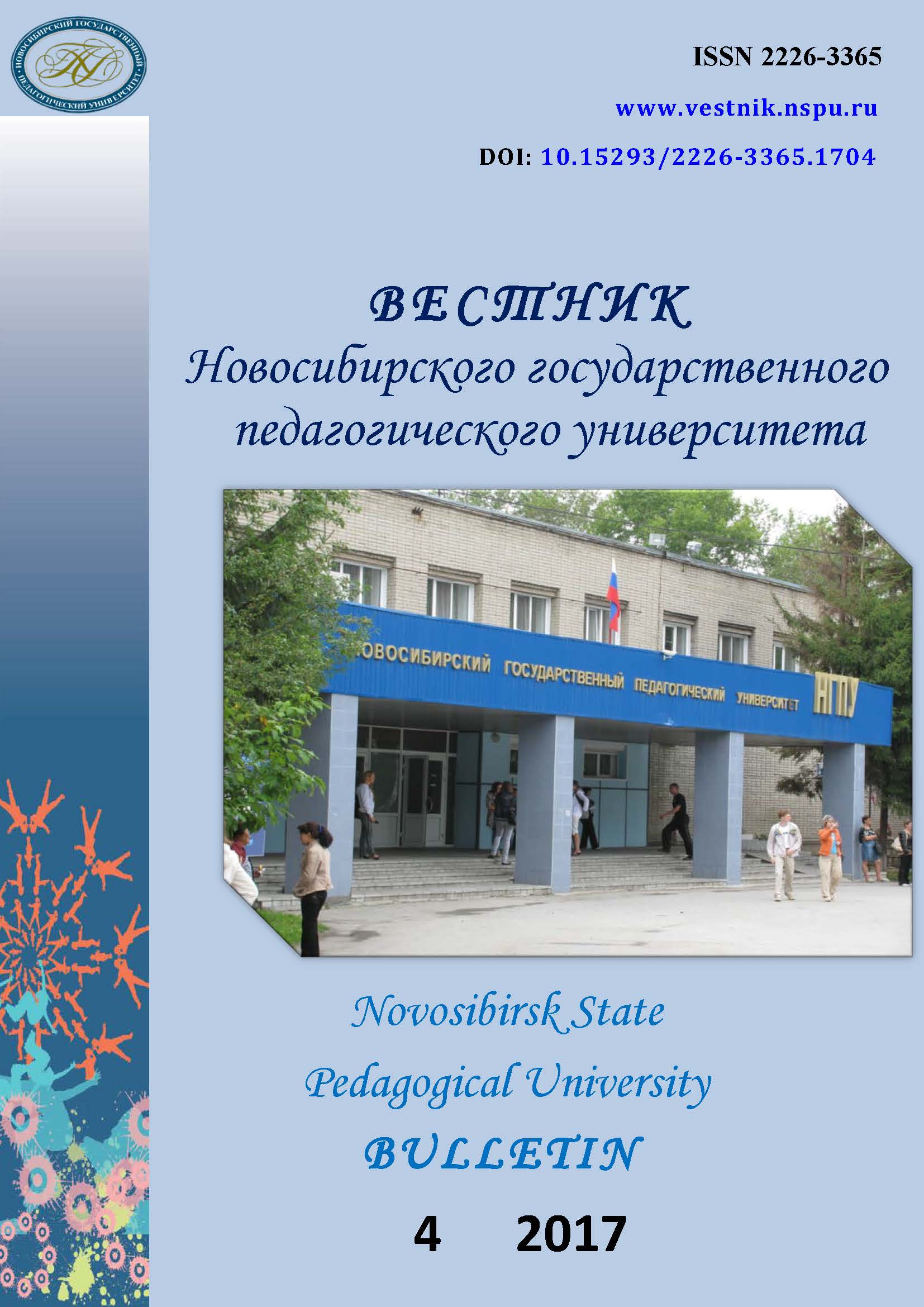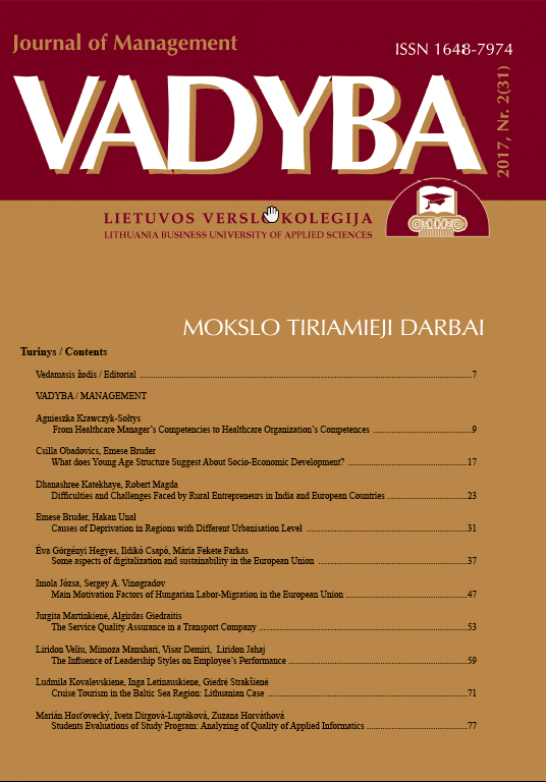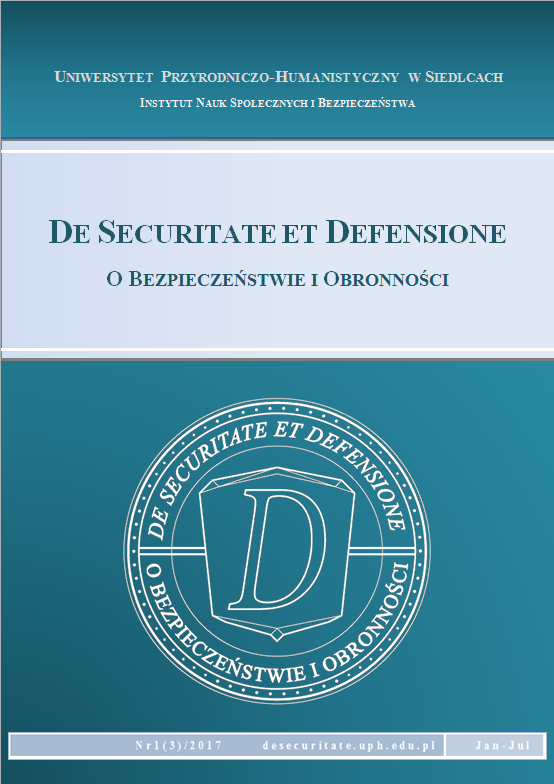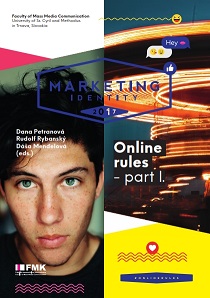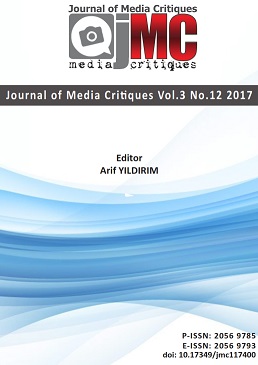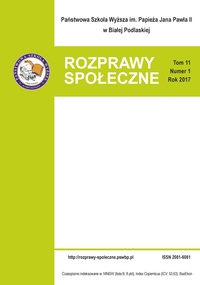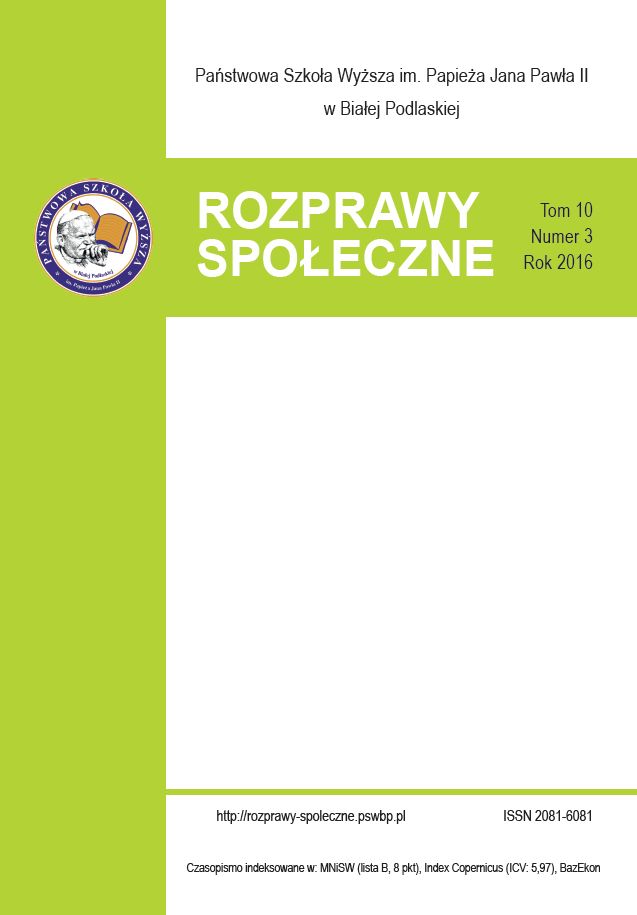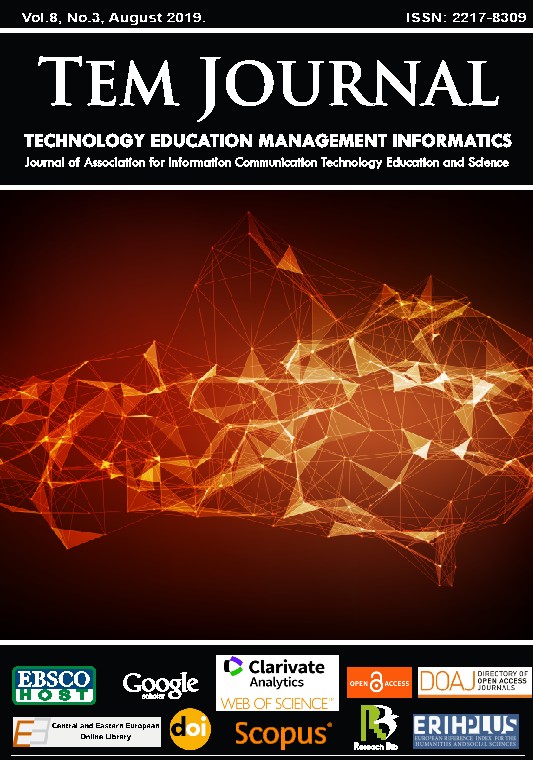Author(s): Elena Vitalievna Soboleva,Anna Nikolaevna Sokolova,Natalya Ivanovna Isupova,Tatiana Nikolaevna Suvorova / Language(s): Russian
Issue: 4/2017
Introduction. The article is devoted to solving the problem of improving the methodology of learning gamification in the context of the state, society and education demands. The purpose of the article is to substantiate the inadequacy of available methods and game technologies based on the analysis and generalization of scientific and theoretical sources and methodologi-cal developments for the computer games use in teaching, taking into account new challenges to the education system, the needs and interests of students.
Materials and Methods. The methodology of the study is composed by the analysis of psychological, pedagogical, methodological and technical literature, computer educational games of foreign and native authors whose authority and scientific reputation are recognized by the scientific community. Observation methods (structured, unstructured, participant observation) were also used, in particular observation of the educational process and observation of the students’ activities. The methods of research are determined by its goals, tasks of a particular stage, conceptual approaches implemented in the study, which provide the necessary depth of studying the main aspects of the problem.
Results. On the base of the history of informatization of Russian education, the practice of introducing computer games into the learning process and the methodological conception of gamification of educational process, the opportunities provided by the inclusion of a computer and other IT tools in the learning process are analyzed. The necessarily of improving the meth-odology of computer games using is substantiated by the analysis of the positive and negative aspects of including computer games in the educational process as a whole and, in particular, in the process of teaching computer science in the conditions of changing the paradigm of cognition, where the priority attention is paid to the formation of unique skills of distributed (fore-sight) intellection. The article suggests recommendations for improving the efficiency of the educational process when computer games are included in training, finding the best balance between two differently directed positions and preserving ergonomics in the framework of the system-activity and personality-oriented approach to learning.
Conclusions. The article proves the expediency of a new approach to the gamification of the educational process, aimed to form a new game style of thinking prepared not only for finding non-standard solutions, but for strategically verified solutions, suitable for use in the real world.
More...
